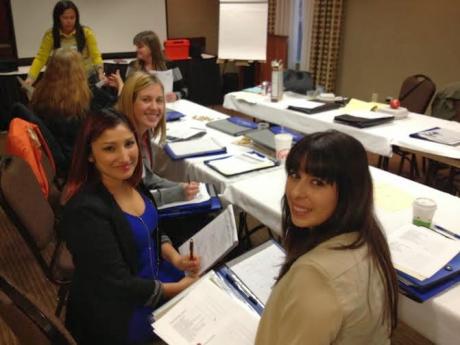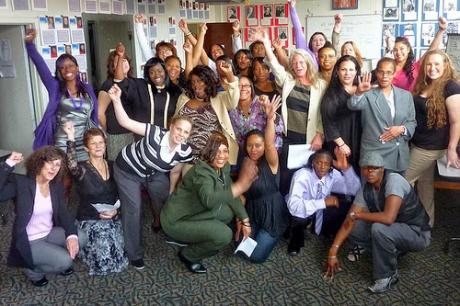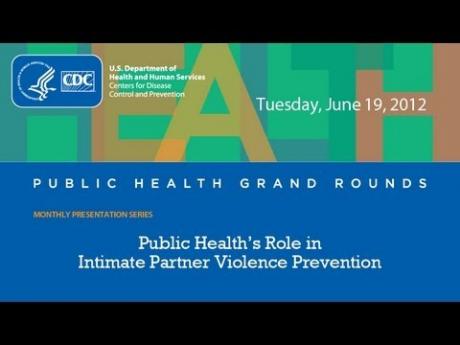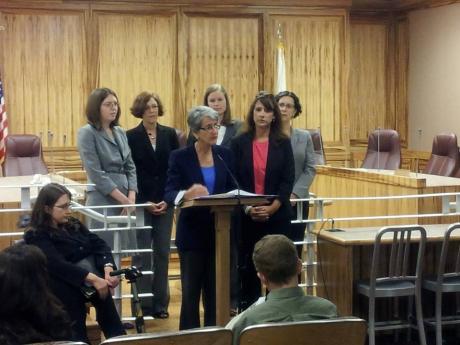- About The Partnership
- Prevention
- Setting Strong Policy
- Building Capacity
- Communicating Priorities
- Shifting the Conversation
This describes the ways the Partnership conducts social and traditional media advocacy. - Press Room
- Teen DV Awareness Month 2024
Teen Dating Violence Awareness and Prevention Month 2024 - Blog Series: Alternatives to the Criminal Legal System
- Blog Series: Confronting Inequities in Our Field
- Shifting the Conversation
- Calendar
- Resources







